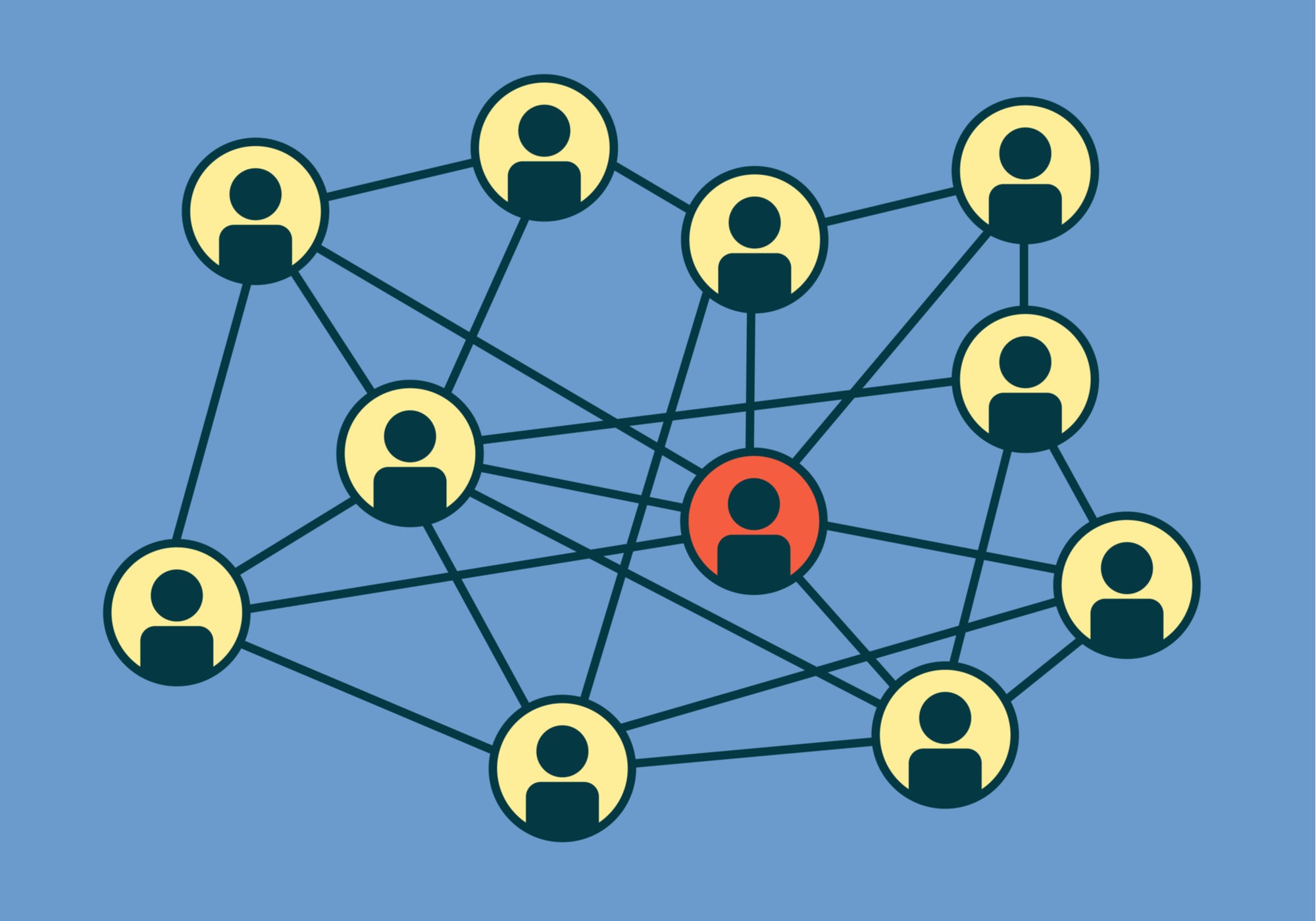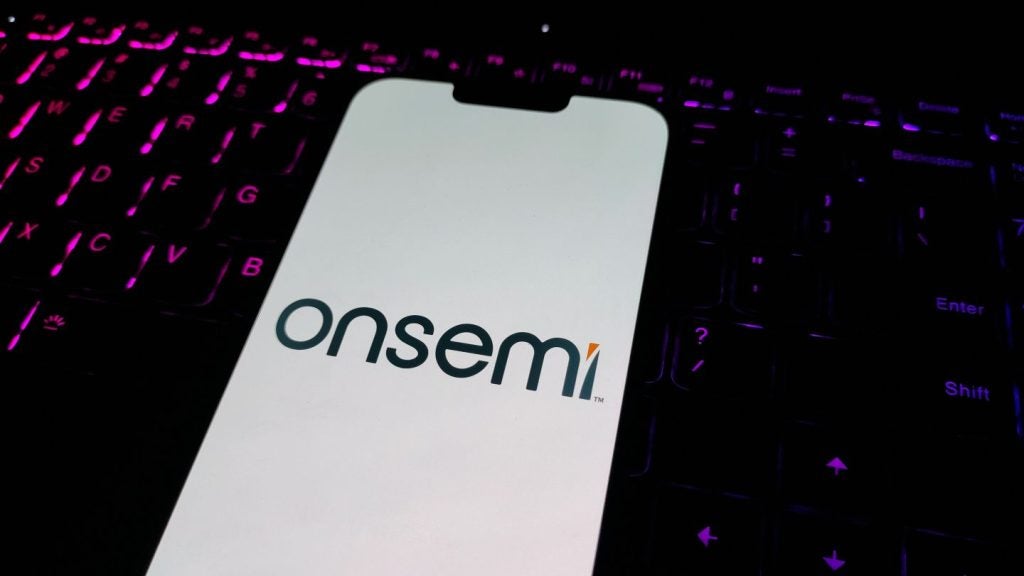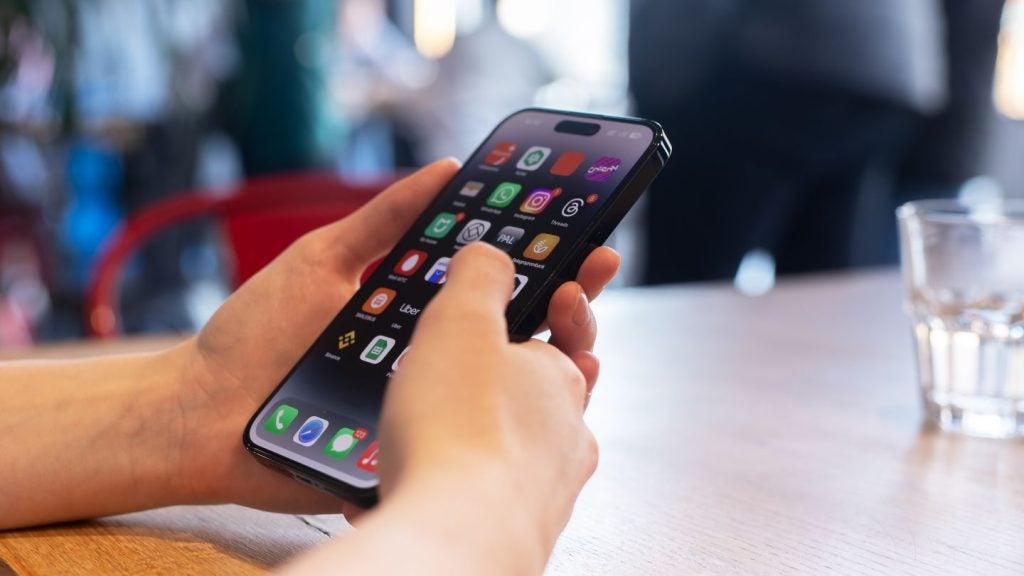
The majority of UK citizens – 84% – believe that their contact tracing data will be used for purposes unrelated to Covid-19, according to a survey by enterprise identity management firm Okta.
Despite this, 60% of UK respondents said they were comfortable providing their location data to help stop the spread of coronavirus. This figure was lower in Germany (49%), the US (48%) and the Netherlands (45%).
Countries around the world have been developing contact-tracing apps to help combat Covid-19. Most of the apps use Bluetooth, not GPS location data, to keep an anonymous log of close interactions between people.
If a person becomes infected, they update their status on the app. This then sends an alert to the people that were in close contact with the infected person, advising them to self-isolate and get tested.
The UK initially pursued its own approach that would have seen data stored on a central government servers. By contrast, the framework created by Apple and Google’s API stored data locally on the device and is favoured by privacy advocates.
Last week the UK scrapped its centralised app and switched to the Apple-Google model. It also pushed the app’s launch to autumn.
Okta’s survey was carried out between April and May this year – before the UK’s contact-tracing app U-turn, which may have undermined trust in the UK’s contact-tracing app plans. Other countries have also struggled to get contact-tracing apps up and running because of technical challenges.
Okta’s research, which surveyed 12,000 online consumers from around the world including 2,218 people in the UK, showed that 79% of Brits worried their contact-tracing data would be used for advertising purposes.
Under the Google-Apple approach, it is not possible to use contact-tracing data to serve personalised ads. The scrapped centralised approach was initially chosen because it could have allowed greater insights about the spread of the disease, but data would have remained anonymous.
Contact-tracing raises data privacy awareness
One byproduct of the media attention on contact-tracing apps could be increased awareness of data tracking while they browse online – 32% said they were now more conscious of such practices.
The majority of UK respondents said they were uncomfortable with firms collecting their data, with 82% worried their data would be held insecurely.
“Businesses need to be more transparent about what data they’re collecting, how it’s stored and where it’s being used if they want to improve trust,” commented Jesper Frederiksen, VP & GM EMEA at Okta.
“We need to start having open and honest conversations about data tracking. Businesses require data to innovate and improve, but by not disclosing relevant information, they risk losing customers altogether.”
Read more: Contact tracing technology needs to be balanced with privacy rights







